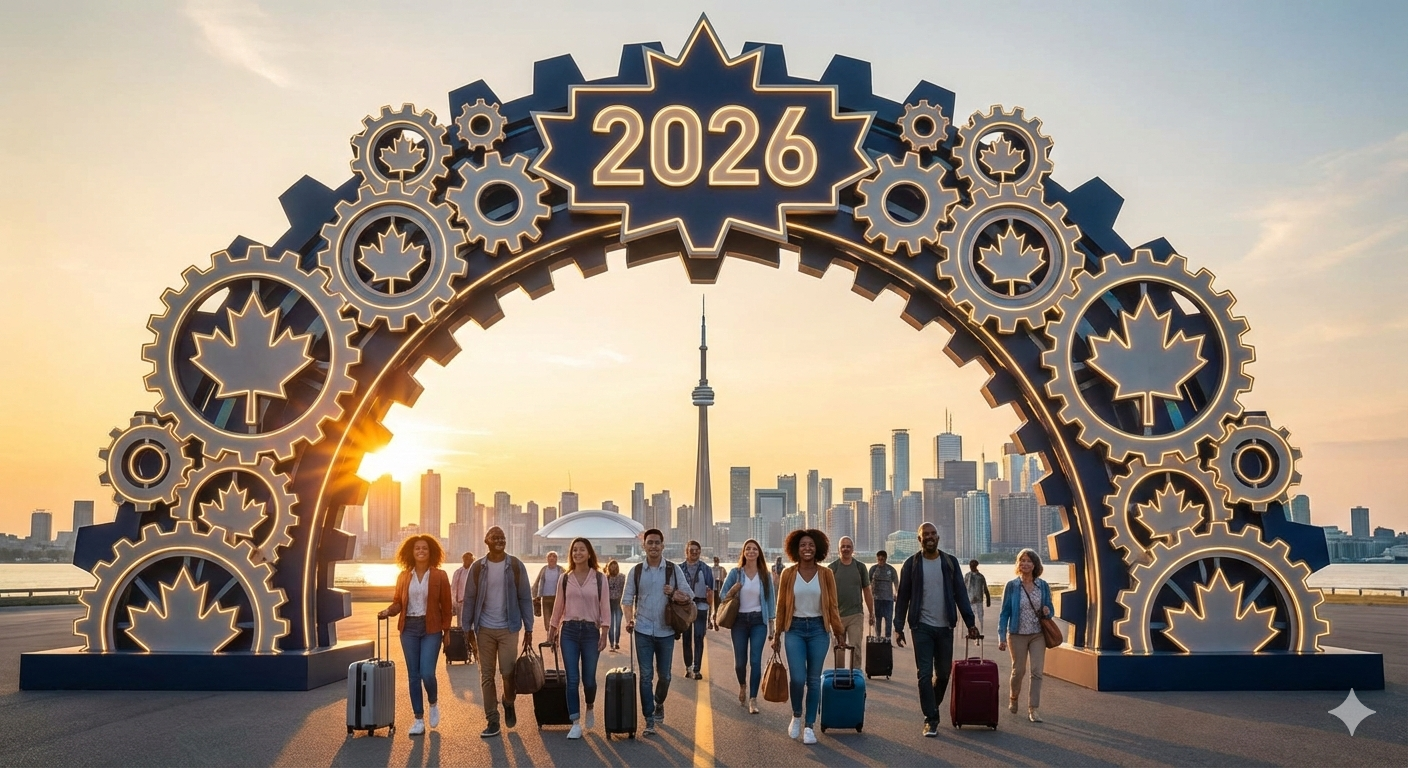How to Avoid Medical Inadmissibility for Parents and Grandparents in Canadian Immigration

When sponsoring your parents or grandparents to Canada
through the Parents and Grandparents Program (PGP) or inviting them on a
super visa, one of the biggest challenges can be medical
inadmissibility.
If Immigration, Refugees and Citizenship Canada (IRCC)
finds that a parent or grandparent’s health condition could cause a burden on
Canada’s public health or social services, their application can be refused.
This applies to both permanent residence and super visa applications.
By understanding how medical inadmissibility works and
preparing in advance, you can improve the chances of a successful application.
How IRCC Decides Medical Inadmissibility
Your parent or grandparent may be considered medically
inadmissible for three main reasons:
- Being
a danger to public health
- Being
a danger to public safety
- Causing
excessive demand on health or social services
Most PGP and super visa applicants face concerns related to
the third reason—excessive demand.
For 2025, IRCC’s cost threshold for excessive demand is $27,162
per year or $135,810 over five years. If IRCC believes the cost of
medical or social services for your relative will exceed this limit, the
application could be refused.
IRCC reviews:
- The
immigration medical exam results
- Specialist
medical reports (if needed)
- The
applicant’s medical history
It’s important to show that any ongoing conditions—such as
diabetes or high blood pressure—are under control and being actively
managed.
Conditions That May Lead to Medical
Inadmissibility
Some health conditions that could cause concerns include:
- Autoimmune
diseases (AIDS, Lupus)
- Autism
- Blood
disorders (clotting or bleeding issues)
- Brain
disorders
- Cancer
- Cardiac
disease
- Cerebral
palsy
- Chronic
kidney disease
- Crohn’s
disease
- Diabetes
- Down
syndrome
- Hepatitis
B or C
- Learning
disabilities requiring special education
- Liver
disease
- Psychiatric
disorders (schizophrenia, bipolar disorder)
- Rare
diseases
- Total
knee replacement
- Tuberculosis
This is not a complete list—each case is assessed
individually.
Reducing the Risk of a Medical Inadmissibility
Finding
Having a medical condition doesn’t automatically mean
refusal. IRCC considers each case based on the full medical history and
exam results.
You can improve your chances by:
- Providing
complete medical records
- Showing
proof of treatment and stability
- Demonstrating
that ongoing care costs will not exceed the cost threshold
How to Overcome a Medical Inadmissibility
Decision
If IRCC believes your parent or grandparent may be
inadmissible, they will issue a Procedural Fairness Letter (PFL) before
making a final decision. You will have 90 days to respond or request an
extension.
Options include:
1. Responding to a Procedural Fairness Letter
Provide documents showing:
- Medical
treatments received
- Medication
changes or adjustments
- Proof
of reduced or manageable costs
2. Submitting a Mitigation Plan
This plan explains how your relative will manage their
medical needs without relying on public services.
It should include:
- How
services will be obtained
- How
they will be funded
- Proof
of financial capacity to cover these costs
A Declaration of Ability and Willingness form must
also be signed.
3. Applying for a Temporary Resident Permit
(TRP)
If permanent residence or a super visa is refused, a TRP
may allow short-term entry for compelling reasons. TRPs can be valid from one
day to three years, with single or multiple entries, at the officer’s
discretion.
About the Parents and Grandparents Program
(PGP)
The PGP allows Canadian citizens, permanent residents, and
registered Indians to sponsor their parents or grandparents for permanent
residence.
Because of high demand, IRCC uses a lottery system
to invite sponsors. In 2025, IRCC will accept 10,000 complete applications
and issue 17,860 invitations to those who submitted interest to sponsor
forms in 2020. Invitations will be sent between July 28 and mid-August 2025,
and complete applications are due by October 9, 2025.
About the Super Visa
If you are not selected for the PGP, the super visa is a
great alternative. It allows parents and grandparents to visit for up to
five years per stay, with multiple entries for up to 10 years.
To be eligible, the host must:
- Be
a Canadian citizen, permanent resident, or registered Indian
- Be
18 or older and living in Canada
- Meet
the required income level
The applicant must:
- Apply
from outside Canada
- Purchase
medical insurance meeting IRCC requirements
- Be
admissible to Canada
Final Tip: Whether applying
through the PGP or for a super visa, prepare in advance. Gather medical
records, secure private insurance if needed, and address any potential issues
early. A proactive approach can significantly improve the chances of approval.






